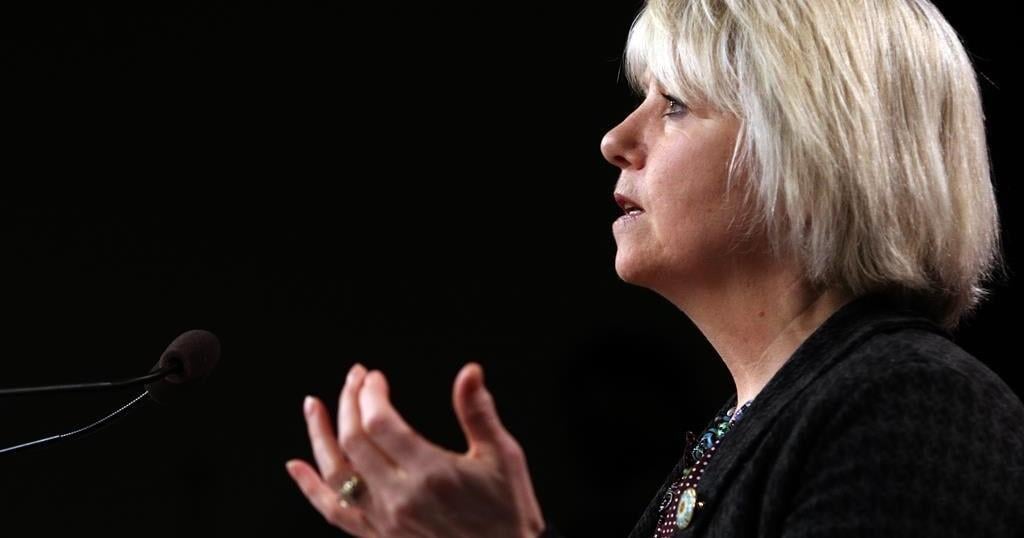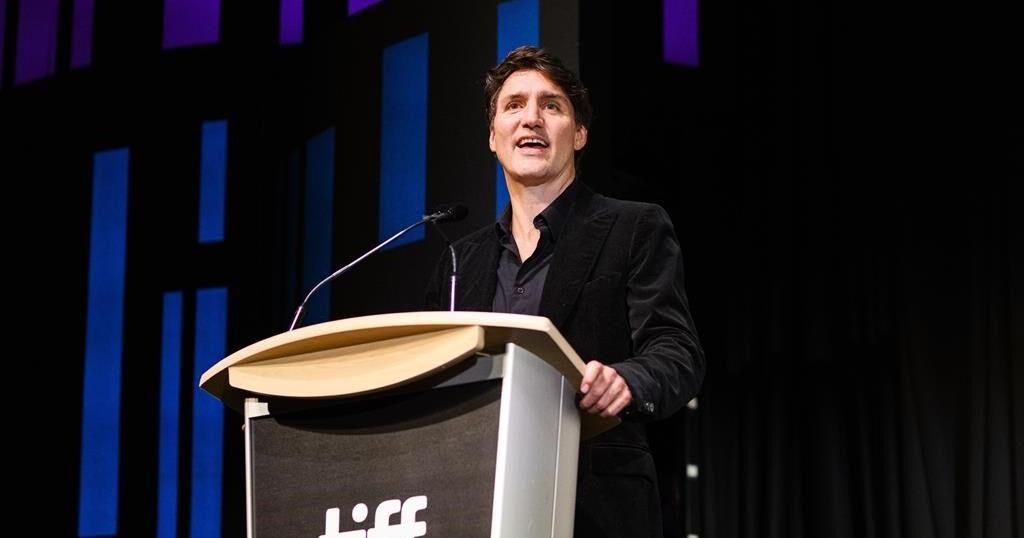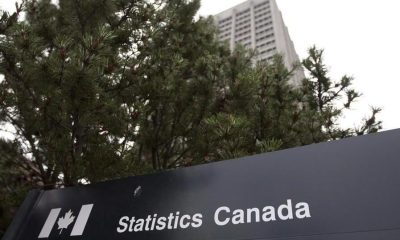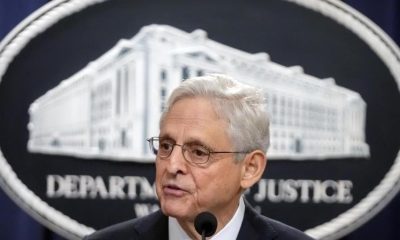VICTORIA – B.C’s Provincial Health Officer Dr. Bonnie Henry joked that “the earth shook” with Thursday’s release of her report on the safer-supply drug program, referring to an earthquake lightly felt on Vancouver Island that morning.
But her report’s recommendation that B.C. should consider allowing access to alternatives to unregulated street drugs without a prescription was felt much more widely.
It was swiftly rejected by the government, while the opposition BC Conservatives and BC United said she should lose her job.
Henry said drug prohibition strategies had not only failed to control access to controlled substances but had also created the toxic unregulated drug supply that had killed more than 14,000 people since a health emergency was declared in B.C. eight years ago.
“Ultimately, we cannot prescribe our way out of this crisis,” Henry said in the report. “Finding new ways to enable access to alternatives to unregulated drugs will require bold conversations, system-level changes, and thinking outside of the constraints that have so far failed to turn this crisis around.”
She said a system to allow access to safer, regulated alternatives to fentanyl and other drugs was necessary because a significant number of those who have died did not have substance-use disorders and could not be protected by “medicalized approaches,” requiring a closer look at access that did not require a prescription.
“I think we all don’t want people to use drugs, particularly drugs that are going to cause harm,” Henry said at a press briefing on Thursday. “But the reality is that there are people who do for a whole variety of reasons, a lot of it having to do with their own personal trauma and their own personal issues that they’re dealing with.”
Henry said an expansion of safer supply would be just one intervention in the drug crisis that required “a whole suite” of initiatives on multiple fronts such as prevention and treatment.
In a written response to Henry’s report, Mental Health and Addictions Minister Jennifer Whiteside said the province does not agree with the recommendation and “will not go in the direction” of “non-medical models of distributing medications.”
Whiteside echoed B.C. Premier David Eby’s previous comments on safer-supply drugs, saying the model of distributing safer-supply drugs through prescriptions separates “people who are at the highest risk of death and harm from the poisoned drug supply.”
“Dr. Henry is an important independent voice on public health issues in this province, and we respect her advice,” Whiteside said. “However, this is a topic we do not agree on.
“Addiction is a health issue and people struggling with addiction need access to the full continuum of services provided by our health care system.”
Henry’s report echoed the findings of former chief coroner Lisa Lapointe, who said in January before leaving her post that prescribed safer-supply drugs would not solve the crisis that has claimed more than 14,000 lives in British Columbia since 2016.
At the time, Eby rejected Lapointe’s pleas and said that he did not believe distribution of opioid drugs should happen without the supervision of medical professionals.
The latest report from Henry said that 225,000 or more people in B.C. are accessing unregulated drugs and fentanyl continues to be the main killer, with 83 per cent of illicit drug deaths linked to the opioid.
Henry said that the distribution of safer-supply drugs through prescriptions faces “barriers and challenges” presented by the system’s limited capacity.
The Conservatives said in a written release that the party wanted Henry’s “immediate dismissal,” calling her recommendations “deeply troubling,” “shocking” and “irresponsible.”
Conservative MLA Elenore Sturko said in an interview that Henry’s recommendations betrayed an ideological approach to B.C.’s drug policy, consistent with initiatives such as last year’s decriminalization of small amounts of hard drugs.
“If the premier is interested in solving the crisis … then he needs to make that signal clear, change directions, and bring on someone who can bring a fresh perspective.”
Henry also said that a “compassion club” model for the delivery of non-prescribed drugs should be explored, and the report cited as an example the program run by the Drug User Liberation Front, or DULF, something Sturko criticized.
DULF co-founders Jeremy Kalicum and Eris Nyx were arrested last October and charged with possession for the purpose of trafficking, closing the “compassion club” service after about a year in operation.
Henry said the report did not endorse DULF’s activities, but described academic research on its outcomes.
BC United Leader Kevin Falcon said in an interview that Henry would not be the provincial health officer if he became premier.
He said the province should focus on free treatment and assistance in recovery, not giving people more access to alternative drugs.
“I don’t want to stigmatize drug users,” he said. “But I definitely want to stigmatize drug use, the same way we stigmatize smokers when we said we’re not going to allow open use of smoking in public spaces and beaches and parks and playgrounds and office buildings and restaurants.”
The B.C. Greens said in a statement that they support Henry’s findings and that “ignoring expert advice in favour of sensational headlines and political narratives is dangerously irresponsible.”
“The ‘war on drugs’ has never succeeded,” Sonia Furstenau, Leader of the BC Greens, said in the statement. “It only exacerbates the problem.”
B.C.’s current prescribed safer-supply policy has also been intensely debated beyond provincial boundaries, with federal Conservative Leader Pierre Poilievre and Alberta Premier Danielle Smith both claiming that drugs from the program were being diverted into the rest of Canada.
On Thursday, federal Conservative shadow addictions minister Laila Goodridge called for British Columbia to reject Henry’s recommendations and focus on “treatment and recovery.”
Solicitor General Mike Farnworth has said that there’s no evidence of widespread diversion of safer-supply drugs, and Henry says in the latest report that “anecdotes may not reflect the experience of most people who are prescribed alternatives to unregulated drugs.”
“Ongoing monitoring, evaluation and research is required to assess the degree to which diversion is occurring, and its impacts,” Henry said in the 88-page report.
Henry also criticized prohibition-based drug policies, saying Canada has a long history of such laws “that are rooted in racism, colonialism and xenophobia.”
— By Chuck Chiang in Vancouver
This report by The Canadian Press was first published July 11, 2024.
























